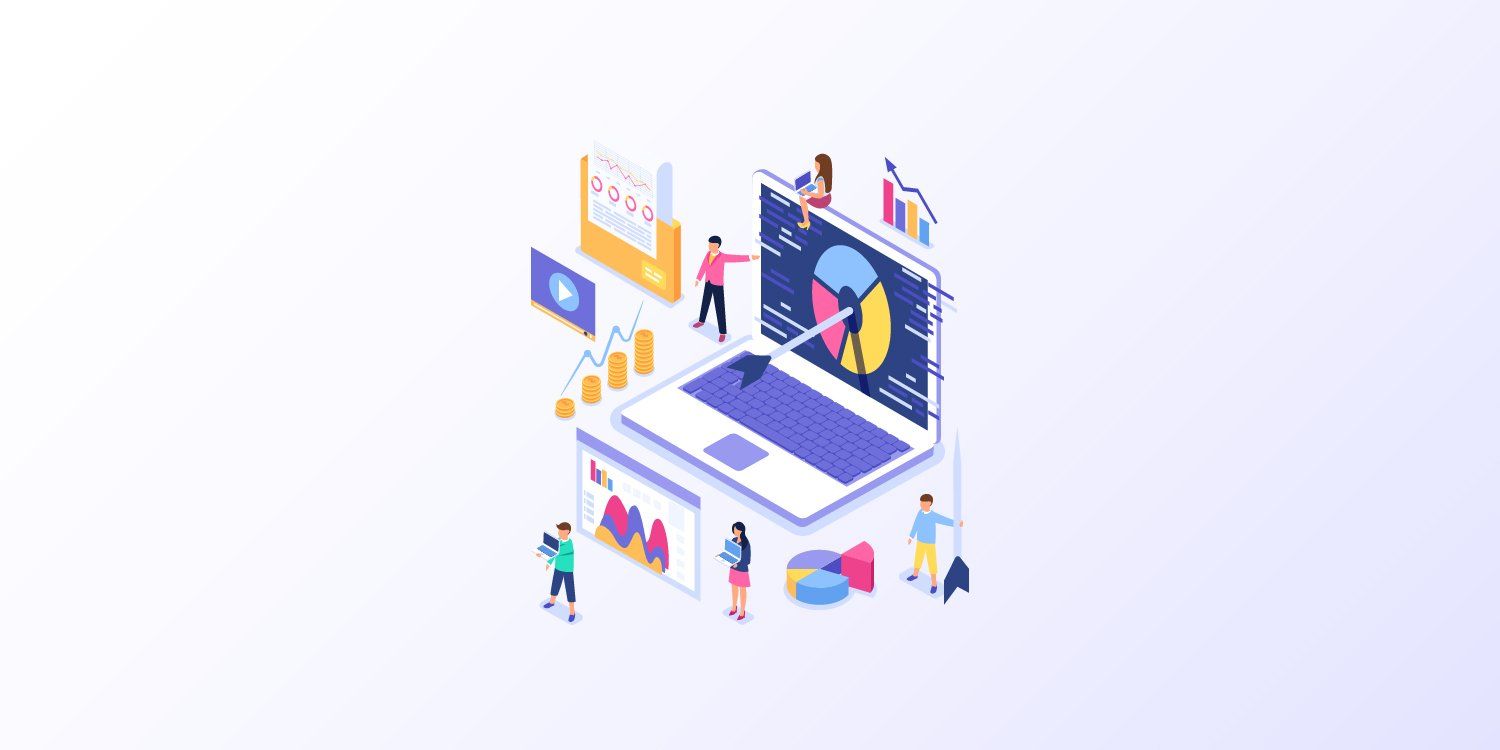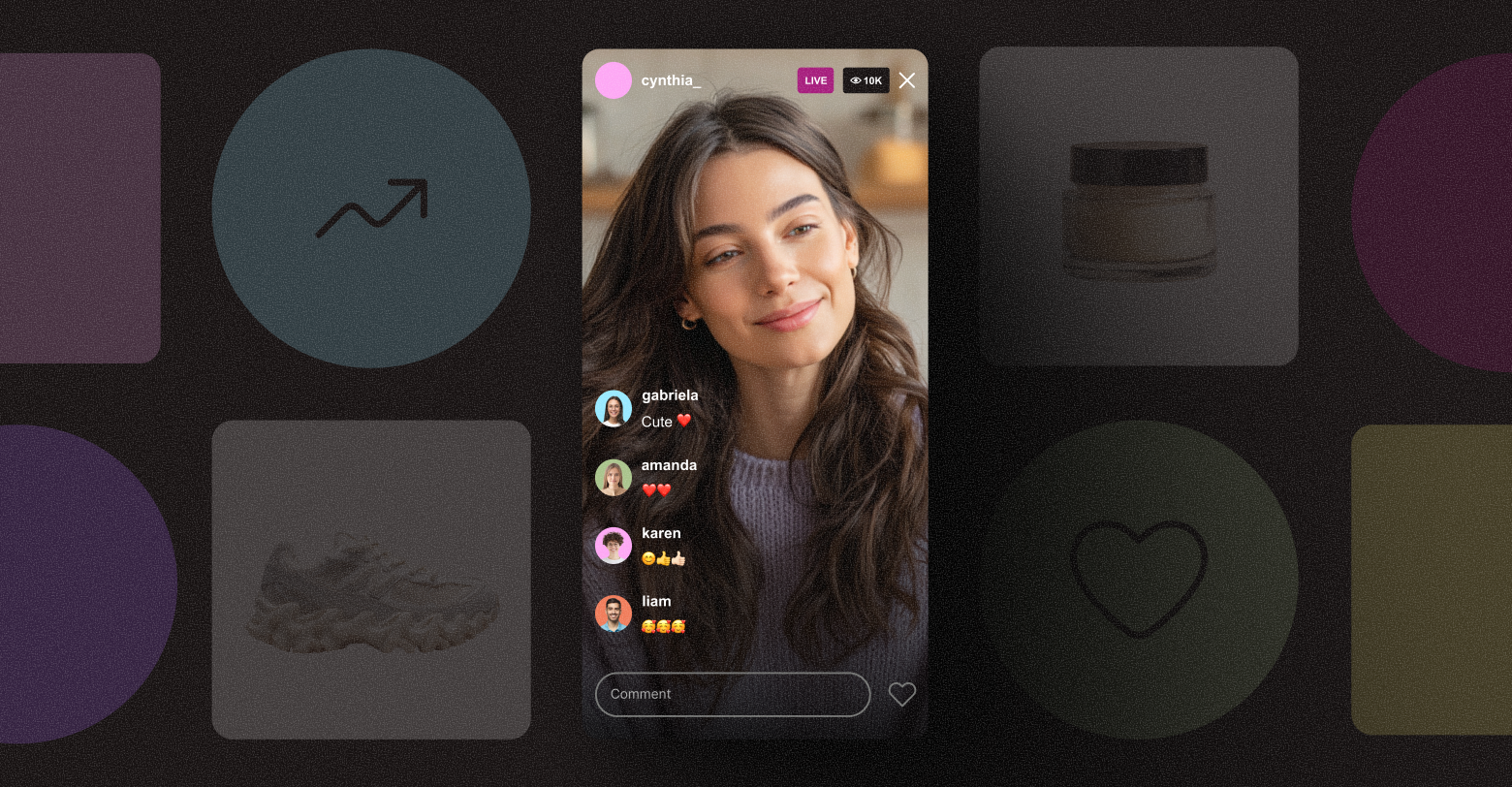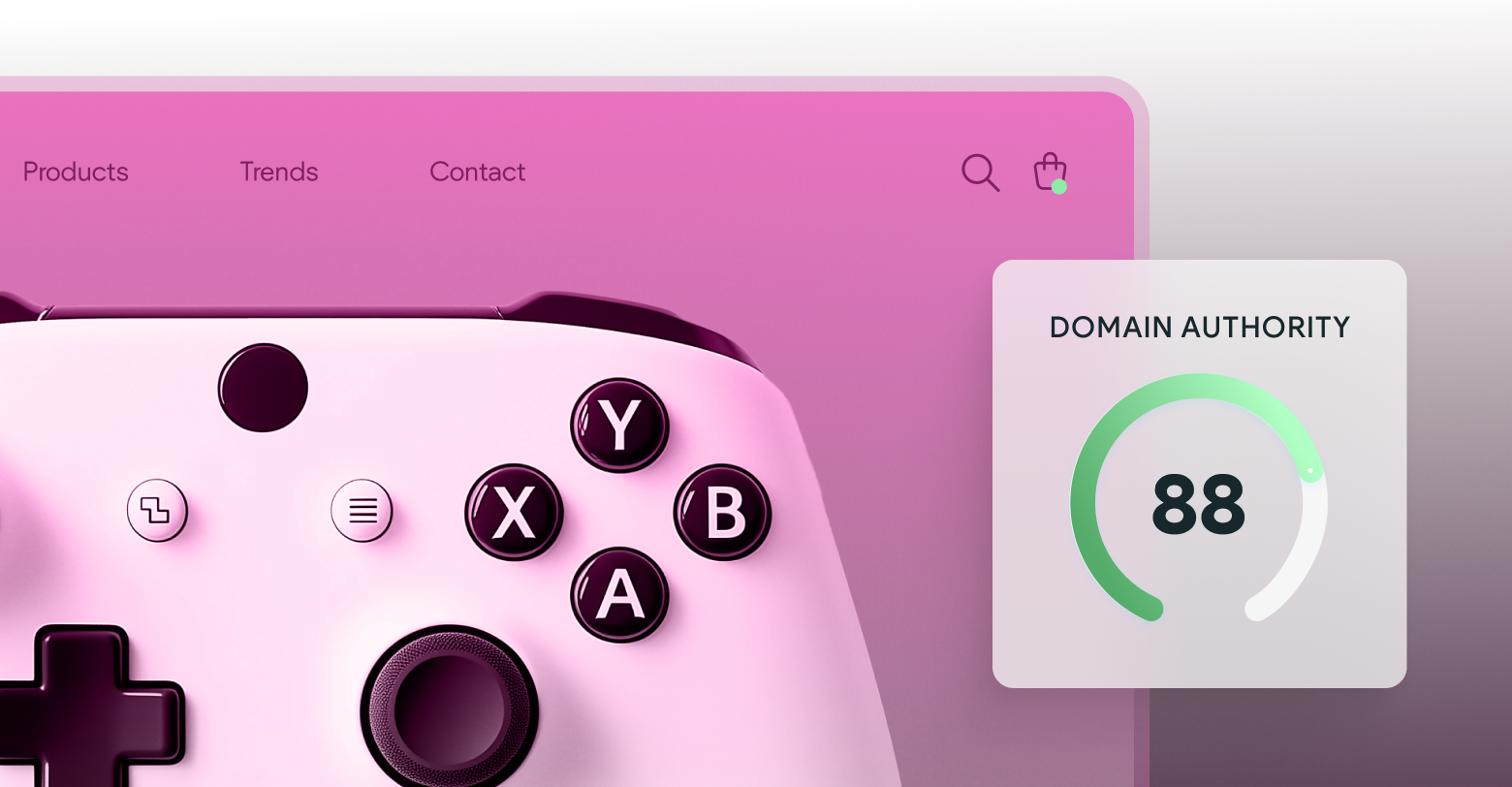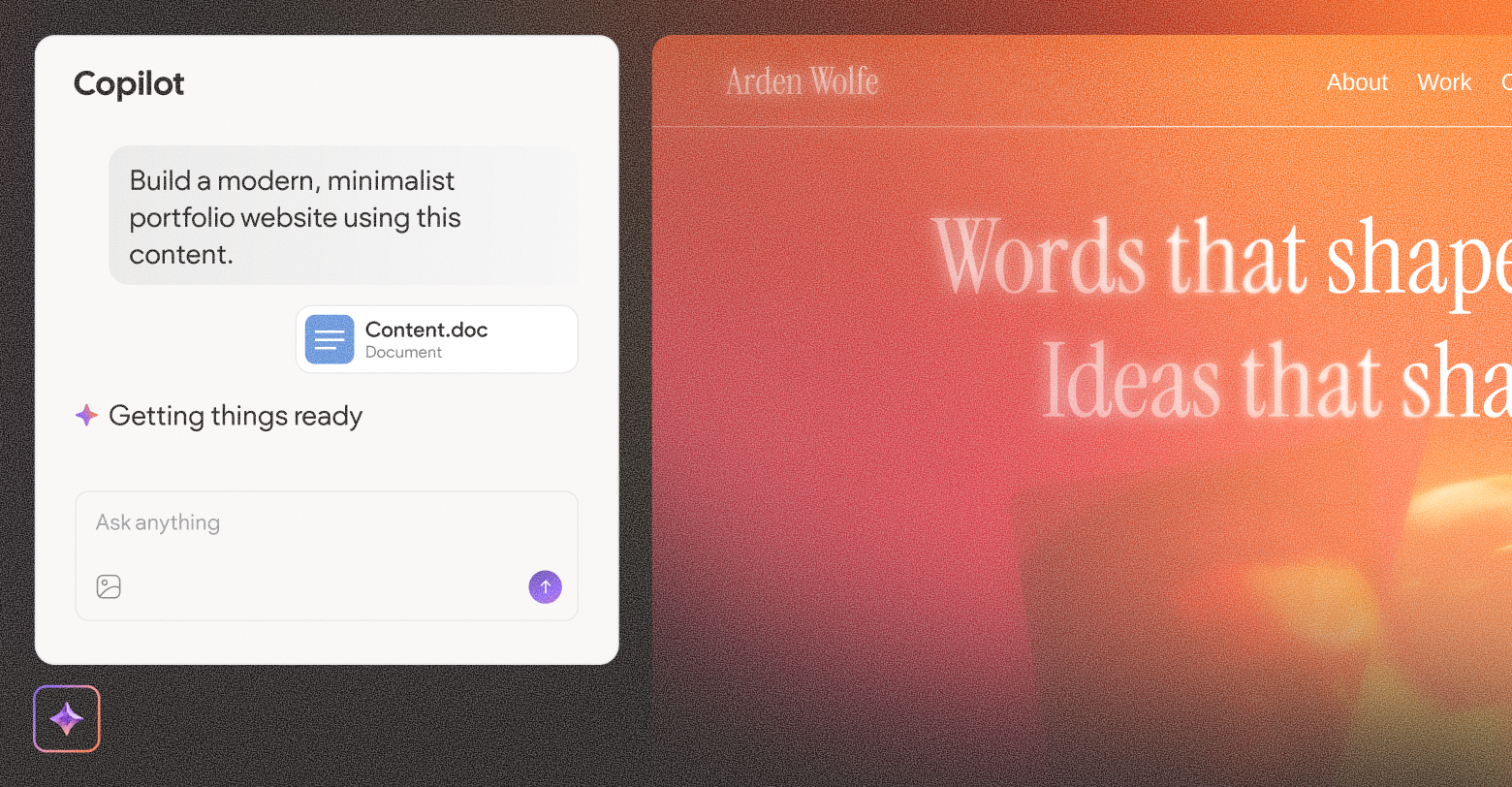Have you considered using website personalization to increase conversions on your website?
From special sale popups to inviting a mobile user to stop by since they are in the area, there are dozens of ways you can personalize your website to your user based on a variety of factors.
But does website personalization get results?
We decided to ask the experts, and here’s what they had to say about how website personalization affects conversions.
“I expect personalization to bring an end to AB testing in the very near future. We will laugh that we ever took the time to create AB tests and put them out one the time to learn what visitors want and need. This may come as a shock to hear from a company that is built on testing services, like Conversion Sciences. But personalization is in its infancy right now. Personalization seems limited to exit intent popovers and recommendation engines.
For personalization to truly work you must be able to select specific segments of visitors and deliver them a wide variety of creative specifically for their needs. Tools to do this exist now and we have implemented a Robo Scientist program that uses machine learning to identify ideal segments and to test different types of creative, from headlines to images to shopping carts. We hope to put ourselves out of the AB testing business very quickly with this kind of technology because we can test faster with less traffic than ever before.”
“Not all your users are the same, so personalization helps you serve more relevant content to users and that is incredibly valuable.
That being said, personalization doesn’t make sense for everyone – especially low traffic websites. You might not have enough data in your segments to actually be able to say what works better for them (if you’re trying to personalize experiences based on what people in certain segments do), and there’s an added cost that comes mainly in the form of increased organizational complexity.”
“The traditional view of ‘website personalization’ is focused a tad too heavily on what I perceive to be conversion gimmicks – like changing the hero image of your home page to a midnight background because you’ve detected that it’s 11pm where your visitor is. That’s a party trick. If it increases conversions, cool – but I wouldn’t invest time and money in any CRO initiative that’s based on tricks.
The more effective approach I’ve seen re: increasing your conversion rate with ‘personalization’ is the more sophisticated ‘behavioral marketing.’ That’s the sort of thing businesses like Bounce Exchange are offering their clients. (We use BX, and they’re also a client.)
With behavioral marketing, you’re personalizing the experience to your visitor based on what that visitor is *doing* on the page and across pages. If I’ve clicked on 3 red dresses, I’m probably looking for a red dress – so serve me more red dresses. If I add them to my cart vs my wishlist, serve me up recommendations based on what that indicates: added to cart may mean I want to buy now, but added to wishlist may mean I’m shopping for an occasion that’s further away… so anticipate and recommend based on what I’m actually doing on the page, not what you think you know about, like, what the sky looks like out my window.”
Director of Inbound Marketing at
“I’m a big fan of website personalization and contextual marketing. My first step is always to define key buyer personas and tailor content towards them. The defined content paths keep online visitors on the site longer and allow to build trust. The initial personalized experience leads to a higher conversion rate on landing pages and a more engaged audience. It takes discipline but it’s all worth it.”
“Personalization is one of the best things since email marketing. It takes a bit more work to weed out noise, segment and make things very personal – but when you do, you’ll see your conversion rates skyrocket like never before. It doesn’t vary from industry to industry – all industries experience a lift in conversion rates when personalization is applied.”
“Offering users a web experience tailored to their needs is something basic to increase conversion rates. I always recommend using all the data you have about each user to customize what to show them on the website. Be aware where they came from and use their past interactions to predict what are they looking for. Website personalization is a must.”
Founder & Chief Marketing Officer of
“A personalized website will surely generate more conversions than a generic one. Given the fact that a personalized landing page is always recommended for best results and more conversions for any PPC campaign, this thinking can and should be also applied with websites in general.
Depending on who your target is, your website should be designed in order to speak and make sense to them, putting things you know are of their particular interest first and making the navigation and conversion process easy. By analyzing and defining your buyer personas and adapting the structure of your website to them, you will increase your conversions without a doubt.”
Conversion Optimization Manager at
“Being able to deliver content that speaks to your website visitor is an incredibly powerful way to boost conversions. Imagine being able to provide a homepage with content for a teacher looking for inexpensive school supplies and another homepage that offers content customized for the non-profit looking for winter blankets for the community it serves– all on the same site? That’s amazing and can set you apart from your competition. Understanding your buyer personas and then develop content that moves them through the funnel, with targeted offers along the way is important to this process as well as using technology that can support the delivery of unique content.
A personalized CTA can answer any concerns your targeted buyer has about your product(s) without forcing your buyer to think too much. Plus that CTA can be unique to the visitor each time he or she visits the site, therefore avoiding delivering offers that have already been used. Do all of this on your website and support it on your paid media channels and ‘Whoa!’ (said like Joey from ‘Blossom’), you have a powerful and personalized experience that can lead to better conversions.”
“Nowadays the personalization of landing pages or even the whole websites is starting to go way beyond user intent. The ‘perfect’ landing page we know, aims to target users with purchase intent. Performance of such is, more or less – measured based on the biggest number of converting visitors.
Personalization however gives us a few additional layers of data, which creates an opportunity beyond the standard segmentation. We can use it not only to maximize the probability of conversion, but also build a brand loyalty and boost retention. This applies especially to: intent (e.g. keyword based), context, personal data which consists of: the name (duh), language, location, previous behavior and personal preference.”
“It’s very important. People want a customized experience and if you can provide it you will generate more sales. That’s also where conversion optimization softwares are heading in which they will help you personalize your website.”
Head of Search, Optimization and Personalization at
“Some industry publications and research point to a 12% increase in conversion through personalization or 16% increase when using real time personalization. I have experienced higher incremental conversion gains instantly with good offers using real time personalization. However, in a BAU scenario, 2 key conversion metrics likely to see improvement i.e. reduction are ‘Re-acquisition cost’ and ‘Lead time to purchase’.
Success of personalization is absolutely contingent on data / variables density and the quality of insights contained within and its latency. There is no end to the number of micro segments one can have in Adobe stack or any other stack that you may use. However, it is also easy to reach analysis paralysis. Thus, my recommendation is to start with broader segments, personalize, analyze results and sharpen the targeting.
Another good idea is to have dedicated sections on your website for personalized content for ease of measurement, if dealing with multiple stakeholders (as is the case with large complex organizations). It is also common to expect secondary metric such as traffic and CTR to see increases.”
“Personalization can work wonders for increasing conversions, but I want to highlight a huge benefit specifically for eCommerce stores. Amazon has a huge database of goods and a loyal following. Members of Amazon Prime spend an average of $1500 per year purchasing from their never-ending array of products.
One of the reasons for the success of Amazon’s platform is down to personalization. Amazon has a huge amount of data at their fingertips and they have leveraged it by being able to effectively show customers what they want to see based on previous buying behaviors. Smaller eCommerce stores can still take advantage of this method and benefit from giving the customer exactly what they want and need.”
“I’ve seen some cases where personalization increased conversion rates, and other cases where it did not. My personal thoughts on website personalization is that it should be tested for effectiveness, and not be considered a blanket, magic bullet to increase conversion rates.
For example, personalizing keywords on a page based on a search ad clicked is often effective. Progressive profiling (not asking the same form questions over and over again) is often effective. Geo-location based personalization is often effective, particularly for local or location-based businesses. But, personalizing based on industry or role (especially if it is inferred based on user behavior) may not work for your audience and your content. I think personalization should always be tested to determine efficacy.”
Web Developer & Marketing Consultant at
“Conversion is all about persuasion and providing value within the right context. A prospect won’t purchase something or subscribe to content or a service unless its value is communicated effectively and matches closely what they’re looking for or need. Personalization is vital because it means that your website is aligning its content or service directly with the audience you’re targeting. It shows that you care about the individual and not just making the sale.
For example, an online store could better serve its audience if it gathers some minor details on the visitor instead of showing a storefront full of random products and categories. These details could relate to interests, style, age and other characteristics to ensure that the content delivered is optimized for each visitor’s interests and profile. Or, a blog could present new visitors with several content paths and the visitor’s selection would ensure that the content presented is ideal and relates closely to that visitor. It’s all about empathizing with your target audience to serve them better. The user-centered approach provides more meaningful returns than just focusing on building an attractive website.”
Director of Conversion Services at
“If personalization is relevant and salient, than it should increase conversions. It just can’t be spooky. Start with things like Geo targeting to assure people they are in the right place if it’s appropriate (always good for Canada), then start setting anchors on the site to gather data on the user (if they click ‘Baby Stuff’, then they are likely in the market for baby stuff), and target them after that on site and with re-marketing.”
“Website personalization is extremely powerful, but the way companies are executing it makes me wonder whether they fully understand how to use it. Firstly, they need to understand that website personalization sits at the apex of optimization activities that you should be doing. It’s the case of running before you can walk. I’ve seen companies ask about personalization before they have their basics and foundations in place such as tackling usability issues and running A/B tests to understand what’s working and what isn’t before running personalization campaigns.”
“Website personalization comes down to understanding the buyer journey and being intentional on what you want your target buyer personas to do when they land on your website. The key to success here, i.e. getting conversions, is to ensure that you have a strong CTA, your messaging resonates such that you speak to their pain points and that you have content positioned to specifically solve their challenges.”
“
I believe that personalization is more popular in the retail industry right now, but it will start to be picked up by more people in the future.
Personalization could definitely help increasing visitor engagement and improve customer experience, which will ultimately lead to better conversions.
However, most people think that personalization is essentially adaptive content, but it’s much more than that.
In order to achieve greatness and skyrocket conversions, you need to invest into a personalized user experience, not just personalized content. You need to get access to big data and segment your audience properly before customizing the conversion funnel. Only a personalized experience from start to finish will make a great impact on conversions.
To conclude, yes, personalization can be a huge factor for increasing conversions and if you are investing in a proper implementation, then it can make a huge impact on the bottom line.”
“Personalizing your website with more relevant content that better engages your visitors is an excellent way of increasing conversions and sales. Adding affinity targeting content above the page fold on your homepage is a great easier way to start doing this – this type of personalization shows visitors content that relates to what they have most seen on previous visits.
However, even though it seems exciting and is a hot topic, don’t rush into personalizing your website! You need to first ensure your website has reached a higher level of usability and conversion optimization best practices otherwise you won’t get as good results from your personalization efforts. Doing so would be like putting lipstick on a pig, so to speak, it would look great but you may still have poor usability that drives visitors away.”

Jason Quey
“Marketing is about delivering the right message at the right time to the right visitor. Consider this:
If you are a woman in the US and were shown men’s watches and offered free shipping in the UK, would that be as appealing as seeing watches for women and free US shipping? I would suspect not.
I believe website personalization will be a game changer in the years to come”
In Conclusion
As you can see, there are lots of opinions on website personalization, but the general consensus is that website personalization, when done right, can have a positive effect on your conversions. It’s all about making sure you know your buyers, apply the right kind of personalization, and do a lot of testing to ensure that the personalization tactics you are using are the best ones for your ideal customer.




























